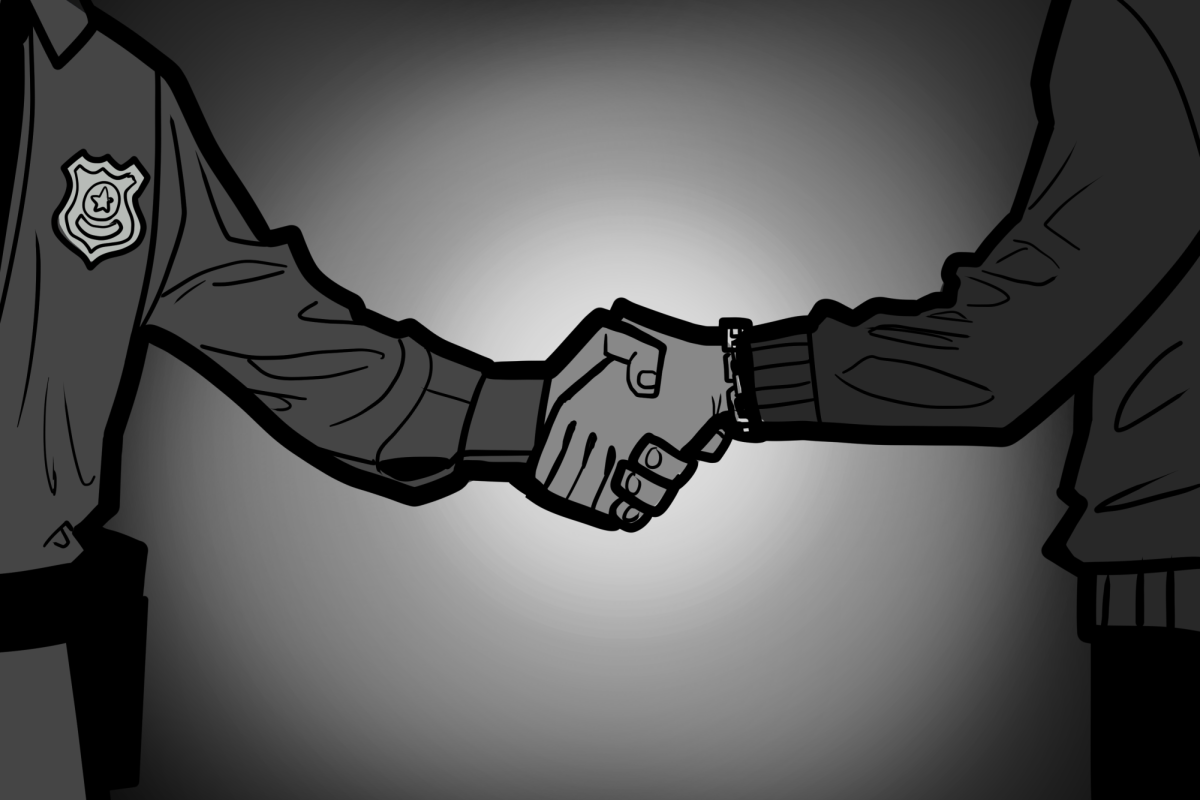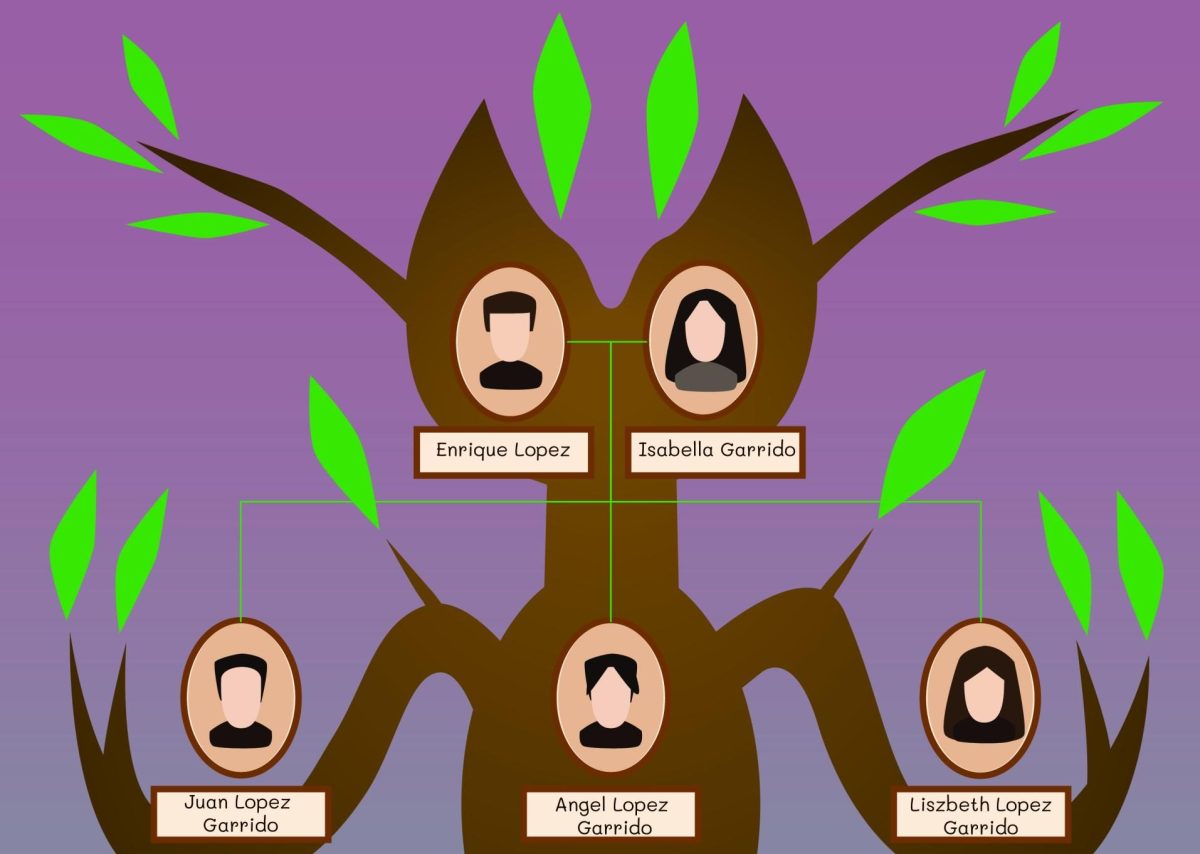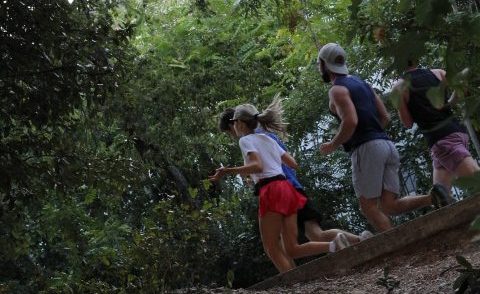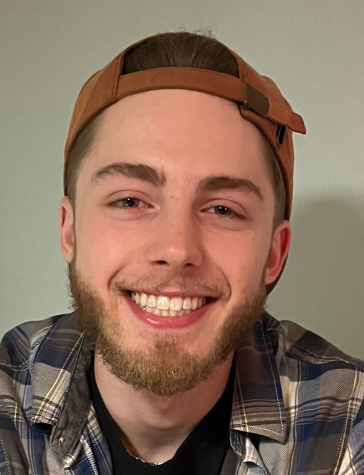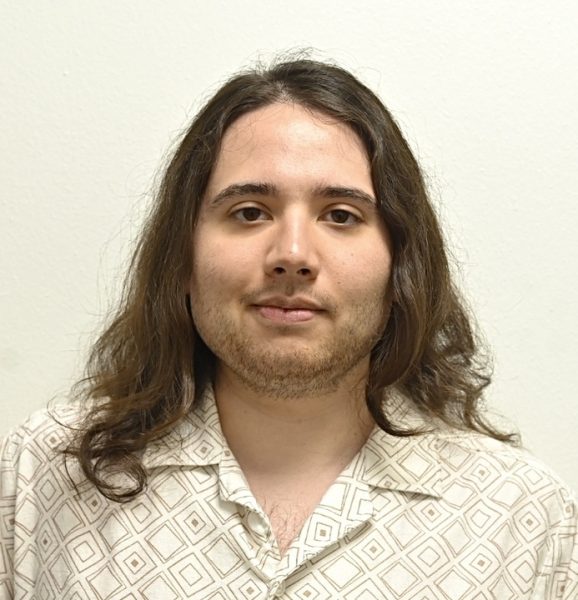“We would ride the trike and when I’m passing by students, they laugh. I even heard some say, ‘Hey look, Paul Blart!’” Cpl. Alphonso Gonzalez, a Dallas College campus police officer, said. “I always tell my buddies, ‘If they were to see a Dallas [Police] Officer, what would they say? Would they say Paul Blart?’”
Dallas College police officers are here to protect Eastfield and create a safe learning environment for students, but oftentimes, there’s a disconnect when it comes to the relationship between the two.
There are 13 officers and five supervisors who patrol our campus, and lately, they’ve been making strides to become closer to the community led by Officer Patrick Nwadinigwe.
Nwadinigwe has been chosen as this year’s campus engagement officer, a position created to bridge the gap between cops and the community.
He’s hosted events such as Cops and Coffee to create an open space for conversation between students and officers.
He also held shooter crisis prevention training to prepare students and staff for the worst. Overall, his experience here has been a pleasant one.
“I would say the majority of them are positive,” Nwadinigwe said of his interactions with students. “Once in a while, you’re gonna get one that gives you a little headache, but the majority of them are pretty good kids and pretty nice people.”
But that isn’t the case for Gonzalez, who served at Mountain View from 2014 until last year when he moved to Eastfield. The change was drastic for Gonzalez.
“I loved being at Mountain View,” he said. “We would do a lot of events there and interact with the kids. When I came here, it was different. It was a culture shock, like ‘What in the world?’ There’s no interaction. I would say, ‘Hey, good morning!’ They didn’t say anything back.”
There’s no saying for certain why a student would treat a campus officer this way, but Gonzalez thinks it starts with a misunderstanding of who they are and why they’re here.
“I think some campuses also think we’re security,” he said. “They probably think that we’re less than DPD, but we’re not.”
Regardless of whether they end up stationed in a city, a school or a hospital, all police officers go through the same basic training to become certified as a correctional officer in Texas.
Despite wielding the same authority, Dallas College officers receive a fraction of the respect.
Another factor that takes a toll on the community’s relationship with campus officers also affects police nationwide – police coverage in the media.
In recent years, the media has been plagued with moments of police brutality and blatant mishandling of justice. Couple that with the virality of these incidents, and it’s easy to adopt a skewed narrative due to an incomplete perspective.
These crimes should be brought to light and examined so they aren’t repeated, but they shouldn’t become the basis for all interactions with police.
“They want the jump on the story, so they don’t really wait for facts,” Cpl. Vickie Ethington said. “Once a story is sensationalized, it just gets repeated for two, three weeks. So, I think they purposely try to find that ‘wow’ factor and just run with it.”
A popular opinion is that the majority of officers are abusive and misuse their authority, but the facts don’t back this up. A study done on the Los Angeles Police Department from 1986-1990 revealed that out of 8,450 officers, only 243, or 2.8% had received four or more allegations of excessive force.
A 2012 study by W. J. Morrow from the University of Nevada pulled stop, question and frisk data from the New York Police Department and found that force was used in 14% of stops and weapons were used in less than 1% of stops.
“No matter where you go or what you do, there’s always gonna be one or two bad apples,” Ethington said. “You can’t judge a whole group by that.”
Cops are as susceptible to stereotyping as anyone else. Regardless of someone’s preconceived notion, there’s a different story behind every badge.
“I’m kind of an artsy person outside of work,” Ethington said. “I’m teaching myself how to watercolor. I make tricked-out cakes and do photography. I got second place in the state fair with one of [my photos.] I used to drive around with a camera in my car all the time just in case I had to stop to take a picture.”
Nwadinigwe enjoys playing soccer and is a family man. He took his four kids to see “Kung Fu Panda 4” during spring break.
“This job we’re doing, it can be stressful sometimes so you have to find a balance just to take your mind off a lot of things and feel refreshed,” he said.
Nwadinigwe has been at Eastfield for eight years, and before that, he attended Eastfield’s Law Enforcement Academy. Upon graduating, Nwadinigwe received job offers from both Dallas College and Parkland Hospital, but for him, the right decision was obvious.
“I love the school setting, and growing up my dad was a principal in high school and mom was a teacher,” he said. “Also, I took some classes here. So I just have this bond with the college system.”
Nwadinigwe moved here from Nigeria with his parents in 2003. After finishing high school in Richardson, he decided that he wanted to become a police officer.
“I feel like this country has given me a lot, so I need to serve,” Nwadinigwe said. “I need to contribute. Be part of what makes America great. Just to have that joy of going home knowing that you helped out someone today, it feels different.”
Some may feel the campus cops are just here to write tickets and pester students, but that couldn’t be further from the truth.
“Have I ever run a stop sign? I ran a red light one time,” Ethington said. “We try to remember being young and not knowing everything we needed to know, and just be human.”


